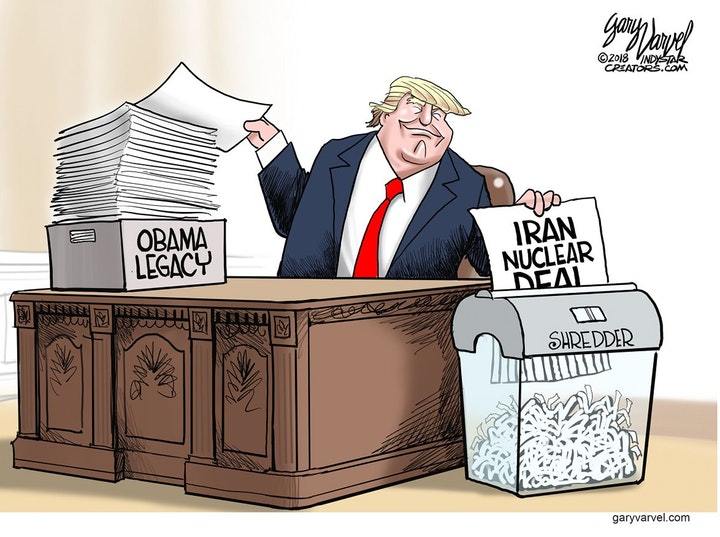The report also revealed that a government informant met several times with Trump campaign officials, which validates a March 8, 2018 report from The Washington Post. The New York Times reports:
The F.B.I. obtained phone records and other documents using national security letters — a secret type of subpoena — officials said. And at least one government informant met several times with Mr. Page and Mr. Papadopoulos, current and former officials said. That has become a politically contentious point, with Mr. Trump’s allies questioning whether the F.B.I. was spying on the Trump campaign or trying to entrap campaign officials.
National security letters (NSL) are secret orders that the FBI uses on a regular basis to obtain sensitive electronic data and phone records. The Intercept reports:
They are controversial in part because they carry the force of law but are created entirely outside the judicial system: To issue one, an FBI official just needs to attest that the information sought is relevant to a national security investigation. The letters have also been criticized because they are shrouded in secrecy. Companies that receive them are for the most part forbidden from notifying their customers or the public. The government has fought to keep even basic rules governing them secret.
Companies that receive NSLs might not be legally required to hand over the information demanded by the FBI. The Intercept continues:
The most recent document on national security letter policy was made public on January 31, 2017, by The Intercept and reveals which FBI officials have the authority to sign NSLs. The Director has delegated the authority to sign NSLs and to certify the nondisclosure requirement to the following FBI officials:
The FBI’s internal guidelines suggest that the bureau uses the letters to demand sensitive information on email transactions — even though the Justice Department has specifically advised the FBI that it does not have the authority to use the letters this way. The documents also indicate that the FBI can use national security letters to surveil a “community of interest” by obtaining information from a business about a customer and every person that customer has contacted. This is a controversial practice that the bureau once halted amid scrutiny. But the documents reveal that a secretive unit that mines phone records can still initiate such requests.
The most recent document on national security letter policy was made public on January 31, 2017, by The Intercept and reveals which FBI officials have the authority to sign NSLs. The Director has delegated the authority to sign NSLs and to certify the nondisclosure requirement to the following FBI officials:











